6 Power Women on How to Take Charge of Your Career
Hard-won advice from impressive entrepreneurs.


Do you feel in control of your career?Did you ever feel like you'd gone off track? How did you handle it?Have you ever completely changed your career?How do you know if you're on the right path?Is it ever too late to make a career change?How did you identify the space in your industry that was ripe for disruption?What makes an innovator successful?Every millennial seems to dream of being her own boss. Is this a goal everyone should have?What's the best and worst part of being a boss?What do you do when you feel like you're losing control?How do you move your career forward?What do you credit with your success?
One of the most prevailing and unfortunate clichés about millennial women is that they all want to zoom to the top before their due. (The reality is, of course, more complicated.) But is it really a bad thing that a whole generation wants to take control of their career? Last month, 100 female execs, founders, and influencers flew to San Francisco as part of Marie Claire’s Power Trip sponsored in part by Dell and Intel, and while they didn’t commandeer the plane, they did discuss their own paths to success.
Learn from their mistakes—and get inspired.
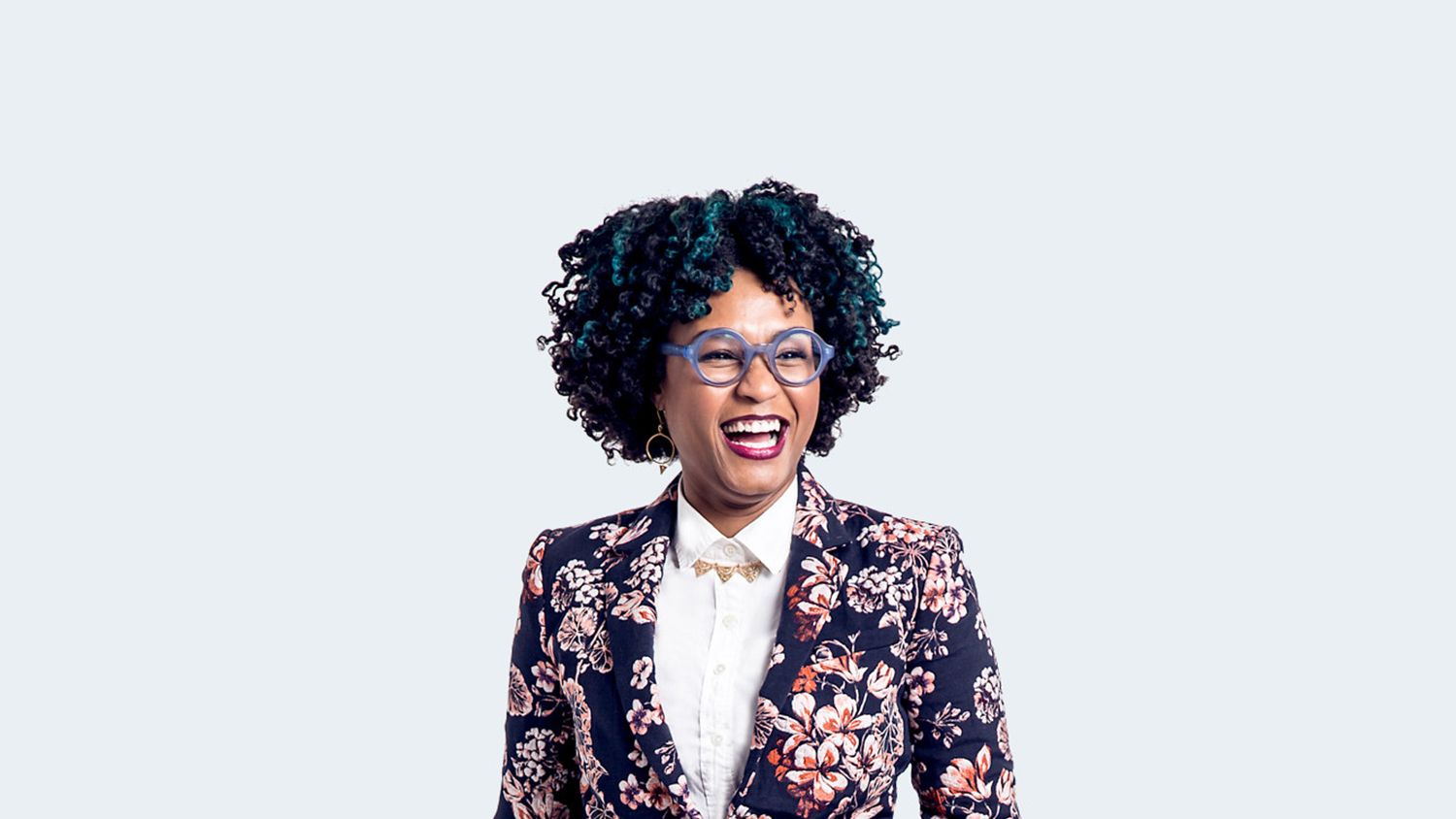
Rakia Reynolds
Rakia Reynolds, owner of Skai Blue Media, a public relations agency based in Philadelphia and New York: The definition of an entrepreneur is someone who assumes financial risk—so for me, as a risk-taker, nothing is in control all the time. Everything's a variable, from our political climate to market trends to the way you use technology.
Joanna Geraghty, executive vice president of customer experience at JetBlue: I think to feel in control means that you know what you enjoy doing, you know what you’re good at, and you’ve got a good team around you.
Christina Stembel, founder of Farmgirl Flowers, a San Francisco-based florist who’s bringing sustainability back to the industry: Yes, for better or for worse! One of the absolute best things about having your own company is that you get to be 100% in control of your career. The only person standing in your way is yourself, so, barring a few external forces, you determine your own success or failure.
Rakia Reynolds: In the very beginning, when I started my agency, I didn’t wear an HR hat. I hired for charisma, not character. That turned out to be the wrong thing for me. I had to take people out of my company who I really liked as people. I would never change that, though, because it helped me to grow!
Stay In The Know
Get exclusive access to fashion and beauty trends, hot-off-the-press celebrity news, and more.
Joanna Geraghty: I’m not sure I’ve ever planned where I’m going. I’ve always been more focused on goals that are broader, tied to doing things that interest me. If you focus on title, you might miss opportunities along the way.
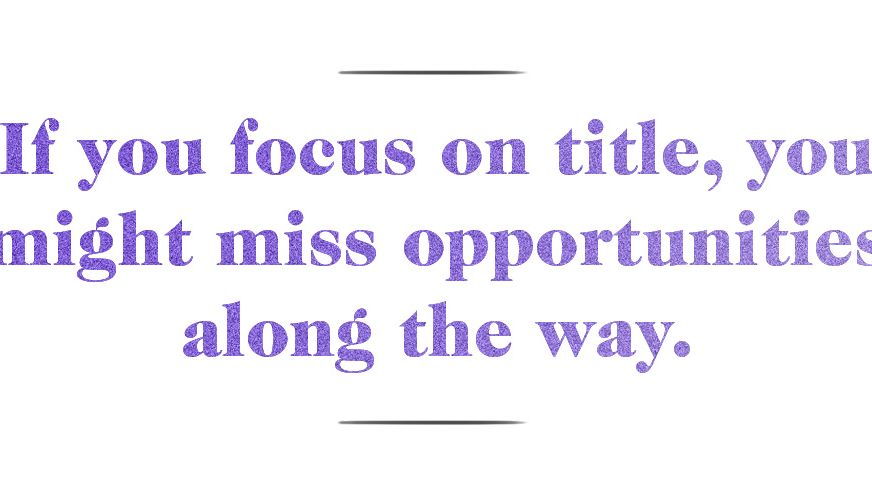
Christina Stembel: I’ve had that feeling numerous times—from the time I was 23 and realized that just because I was really good at hospitality management didn’t mean I wanted to do it for the rest of my life, to the time I was trying to grow a recording business from my house and it wasn’t going anywhere. There have been so many times that I’ve thought, What the heck am I doing, and how can I get back on track? I handled it by making drastic changes, without a backup plan or net. I’ve gotten really comfortable with being uncomfortable in life.
Have you ever completely changed your career?
Joanna Geraghty: Several times. I was a partner at a law firm, then moved in-house as general counsel at JetBlue. Then I became a people officer in HR, and then a few years ago, I changed jobs and became the executive vice president of customer experience. When I look back, I didn’t know these moves were necessarily the right thing to do career-wise, but I did know they would give me an entirely different perspective and new experiences that would hopefully make me a better leader.
Agatha Kulaga, co-partner at Ovenly: Before Ovenly, I was on a completely different career path that I actually did feel passionate about. But over time, that passion started to fade and one day, I realized I was spending way more time dreaming up new business ideas than focusing on my actual job. The idea of entrepreneurship and starting a food business began to consume me and it became pretty hard to ignore! I had no idea if it was the right thing to do, but I knew that I had to go for it regardless of the outcome, even though it was probably the most terrifying thing I’ve ever done.
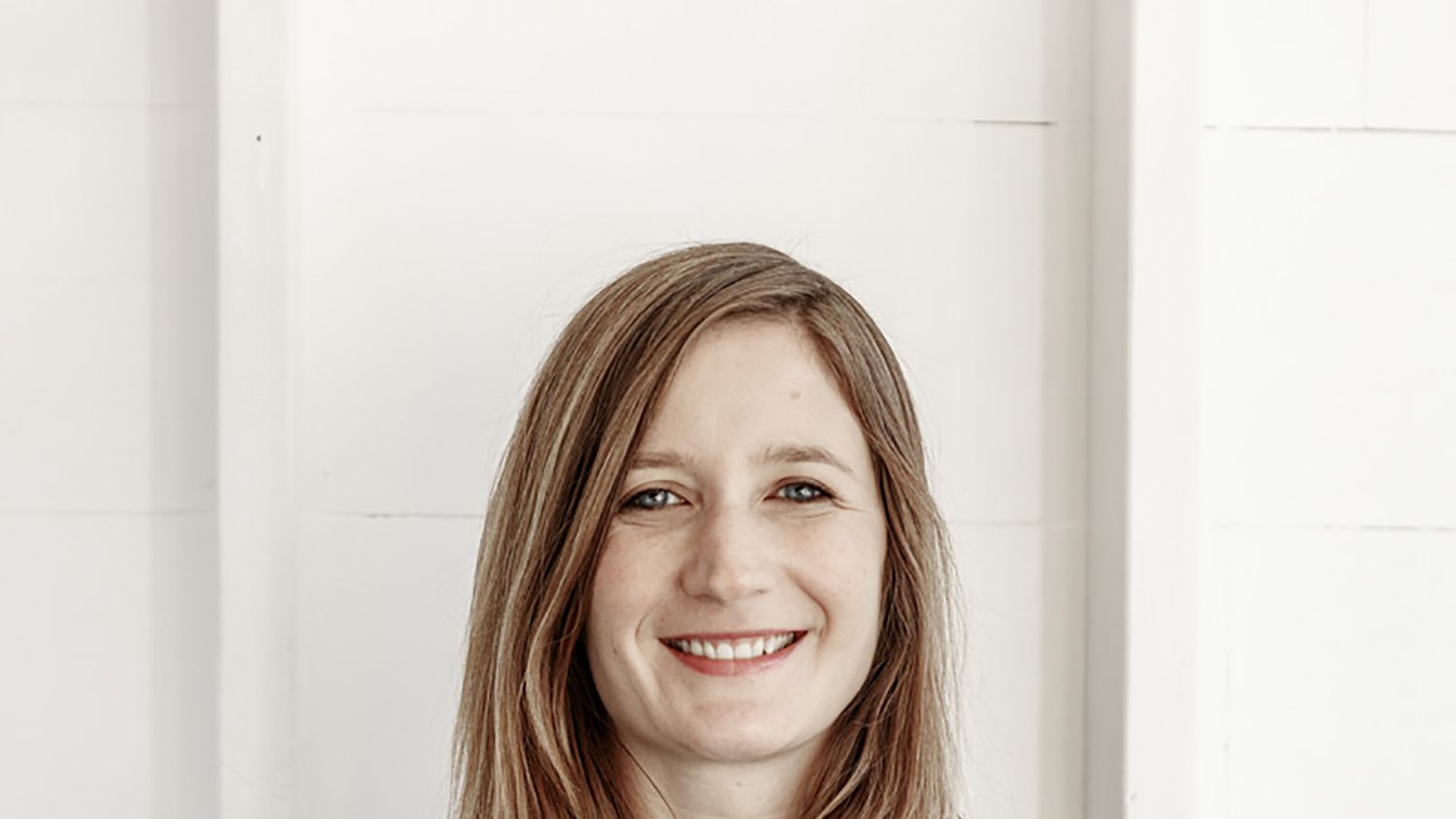
Agatha Kulaga
How do you know if you're on the right path?

Billie Whitehouse
Rakia Reynolds: The most successful people are the ones who find the secret sauce where work doesn’t feel like work. You wake up before your alarm goes off. You know the elevator pitch of your company without having to practice. You know what your career path is if you find yourself thinking about it at night.
Billie Whitehouse, co-founder and CEO of fashion-tech company Wearable X: The advice my mother gave me was to answer these three questions: What are you good at, what are you known for, and what do you love? And if you can answer with one job or career, that’s when you know you’ve found the right role.
Erin Patinkin, co-partner of Ovenly, a bakery with franchises around New York City: If you’re moving up, people are taking note of your work, and the recognition feels good to you, it’s a good indicator that you’re moving in the right career direction.
Is it ever too late to make a career change?
Joanna Geraghty: It’s never too late, but you do need to be mindful of the obligations you have. You should map out the change very carefully. If you’re struggling with the decision, that probably means there’s some merit to doing it, but ultimately you have to be very, very communicative of what are the expectations, what does the future hold, what are your needs, and what do you need from that future boss or company to make it work.
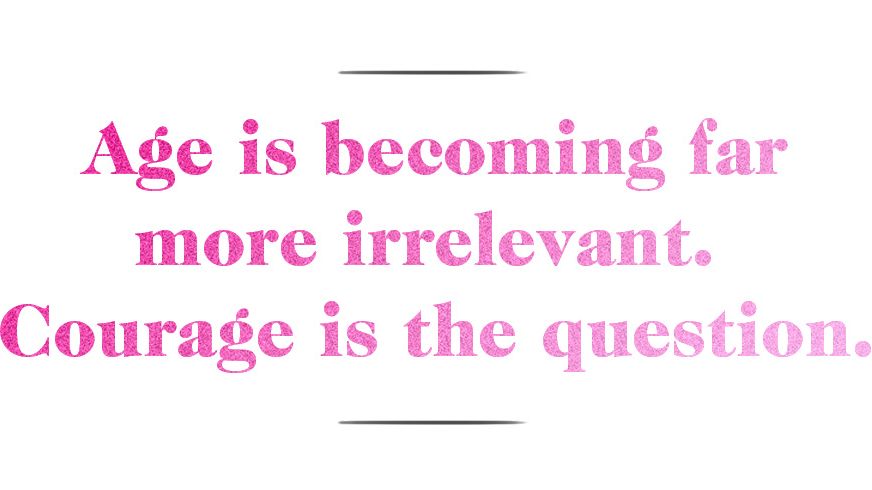
Billie Whitehouse: There are amazing 70-year-olds who are starting businesses with peanuts. Age is becoming far more irrelevant. Courage is the question. But you have to consider what is at risk: For me, if things start to go wrong, I don’t have a mortgage, I don’t have children, what’s the worst that can happen? Understand what is at risk, and then, dare I say, fuck it and do it!
Erin Patinkin: Never. My only recommendation is to plan better than I did and make sure you have enough of a cash cushion to support your career shift.
How did you identify the space in your industry that was ripe for disruption?
Joanna Geraghty: You ask the people that you serve, and you ask the people on the front lines—your customers and crew members know exactly where the problems are. If you involve them in how you innovate, how you roll out new products, then you build things that are more relevant and more useful.
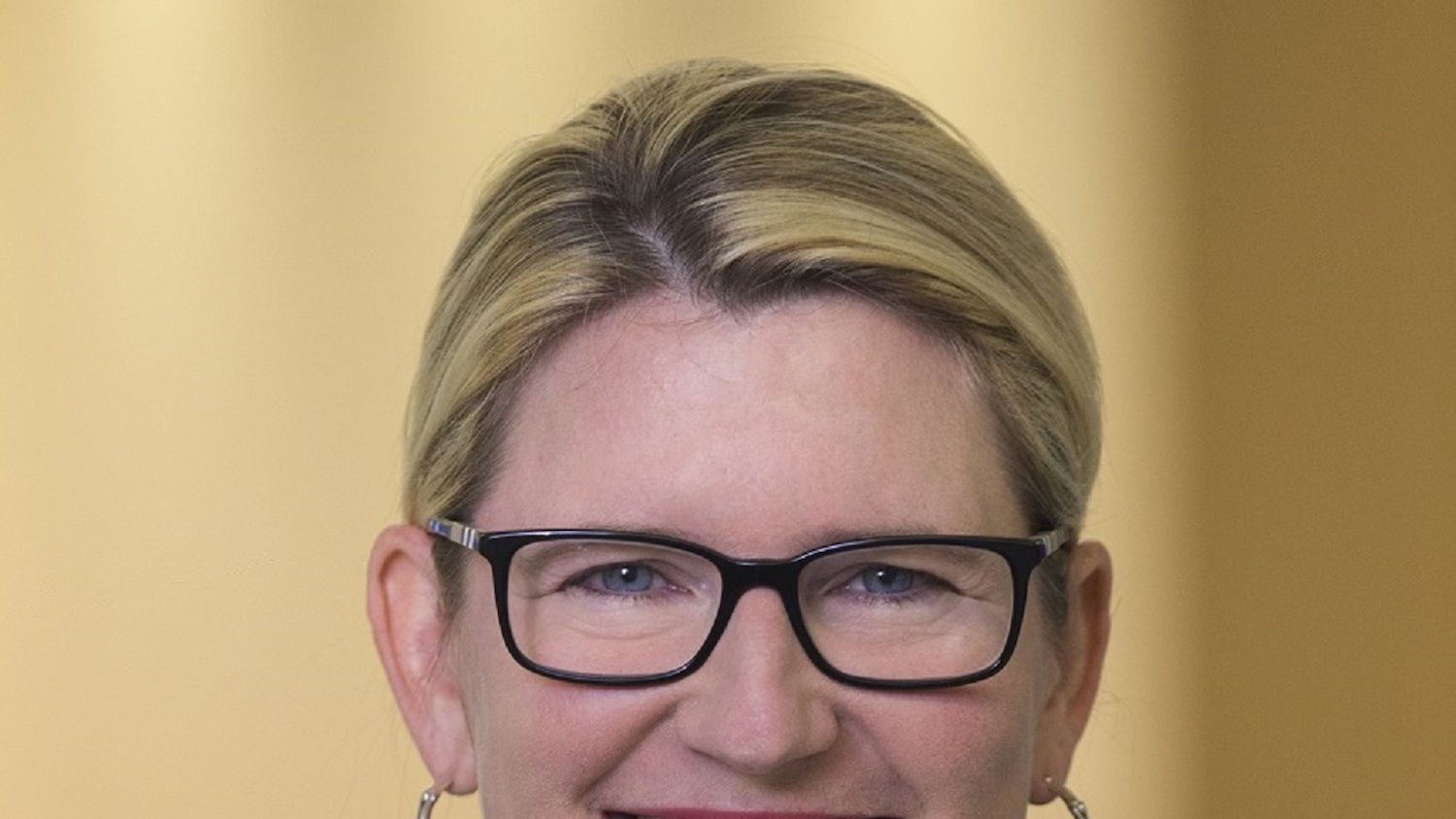
Joanna Geraghty
Erin Patinkin: A few years ago, Agatha and I reassessed our entire model, and, with our backgrounds in psychiatry research and social work and community-based social justice programming, we decided that we wanted to innovate at the company level and do more than just bake. We wanted to develop an edge, not only by selling a ridiculous amount of currant-rosemary scones, but also by being pioneers of ethical business practices in the food industry. We started partnering with organizations that train folks that have been previously denied economic opportunities, like formerly incarcerated young people and political refugees. Both groups currently make up 30% of our 50-person staff.
Christina Stembel: I looked for it. I knew I wanted to start a business that solved a real problem, and so I looked for problems I was really having in my life and then tried to figure out a way to solve it. I also looked to other industries for inspiration on how to solve it.
What makes an innovator successful?
Joanna Geraghty: Innovators are comfortable taking risks, and comfortable failing. At the end of the day, you have to execute. Without execution, a great idea is nothing.
Billie Whitehouse: There’s the traditional way of looking at numbers and metrics, but I’d prefer to see how you affect people’s lives. Do you affect them for the better—how they feel about themselves, how they connect with others?
Erin Patinkin: I think the most successful innovators are determined and humble. Determination is key because an innovator has to 100% believe in and focus on her work, while simultaneously tuning out the nonsense, the self-doubt, and the fears.
Every millennial seems to dream of being her own boss. Is this a goal everyone should have?
Erin Patinkin: I kind of hate the term, 'Being your own boss.' No one is their own boss. Even when you own your own company, you will answer to someone—clients, investors, staff, banks, etc. Entrepreneurship is not for everyone. I mentor and consult with quite a few folks, and, when I enter into those relationships, I always ask the following: Do you shy away from conflict? Are you prepared to damage your romantic and platonic relationships and commit to a dream that may not ever become a reality? Are you prepared to fail?
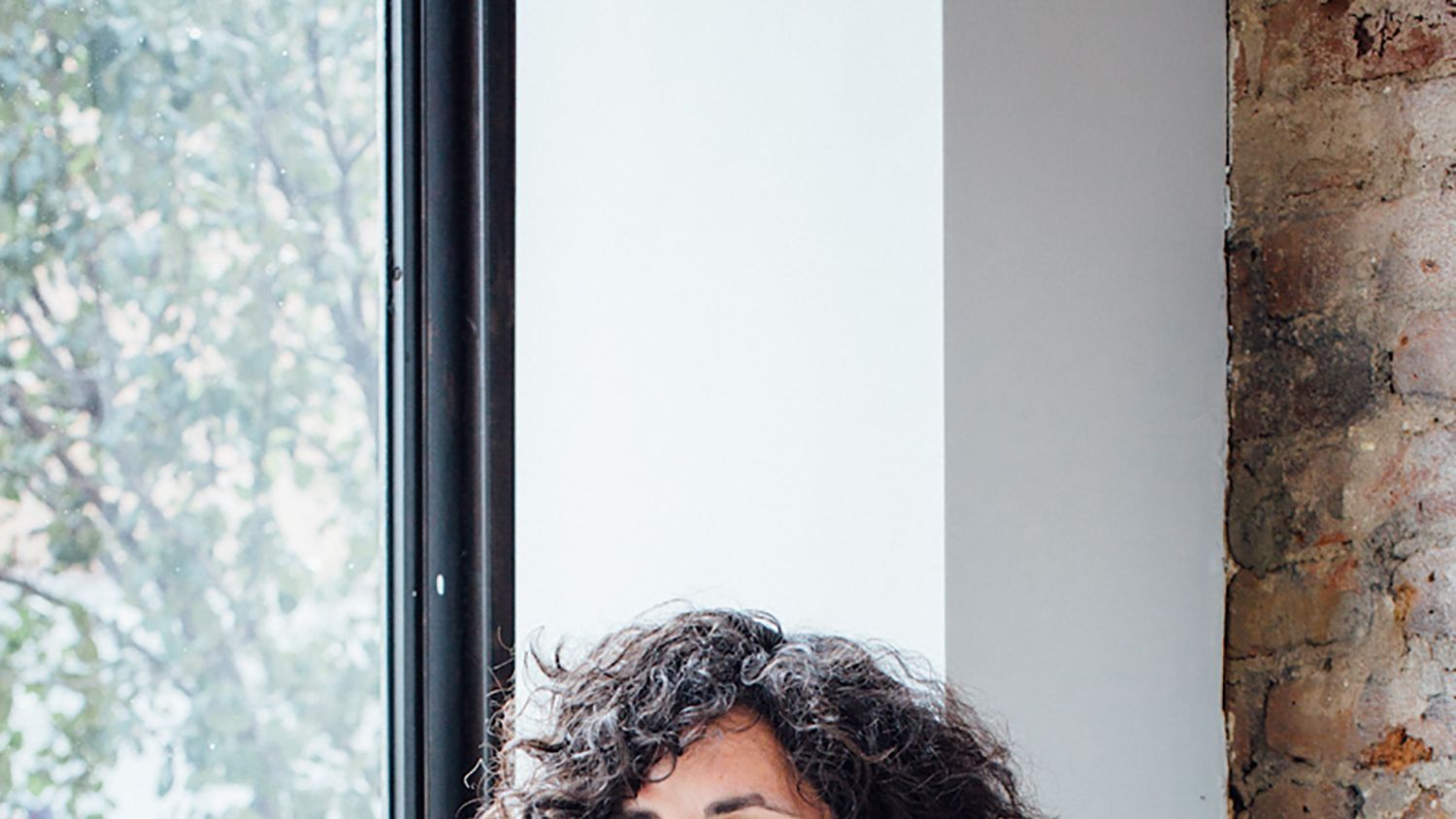
Erin Patinkin
Agatha Kulaga: I’m not going to lie, being my own boss is incredibly satisfying and liberating. I feel much more in control of my career and my accomplishments somehow feel that much more rewarding, but the stakes also feel much higher. It requires an incredible amount of discipline, as well as being open to change, so someone that is more risk-averse, prefers more structure, and a regular routine and paycheck, may want to carefully consider all the pros and cons first.
Christina Stembel: Everyone is entitled to have this dream, but I believe their reasons will determine the likelihood of their success. I’ve heard from many who want to start a business so they don’t have to work for someone else, or because they want to have better work/life balance, or to pick their own schedule. Those who want to start businesses for these reasons probably shouldn’t. If they want to start a business so they can fix a problem or create positive change—or because it’s just in them to build and grow something no matter how challenging it will be, then by all means—go for it!
What's the best and worst part of being a boss?
Rakia Reynolds: It is lonely at the top. When you work within an organization, you can go have lunch with a friend and complain about your supervisor, but I can’t complain to anybody.
Billie Whitehouse: Being a boss is more like being a therapist, for yourself and for everyone else. That’s the best and worst part. You learn to ask empathetic and interesting questions, and it’s enjoyable to figure out how to ask those questions, and to really listen, and to enjoy the listening.
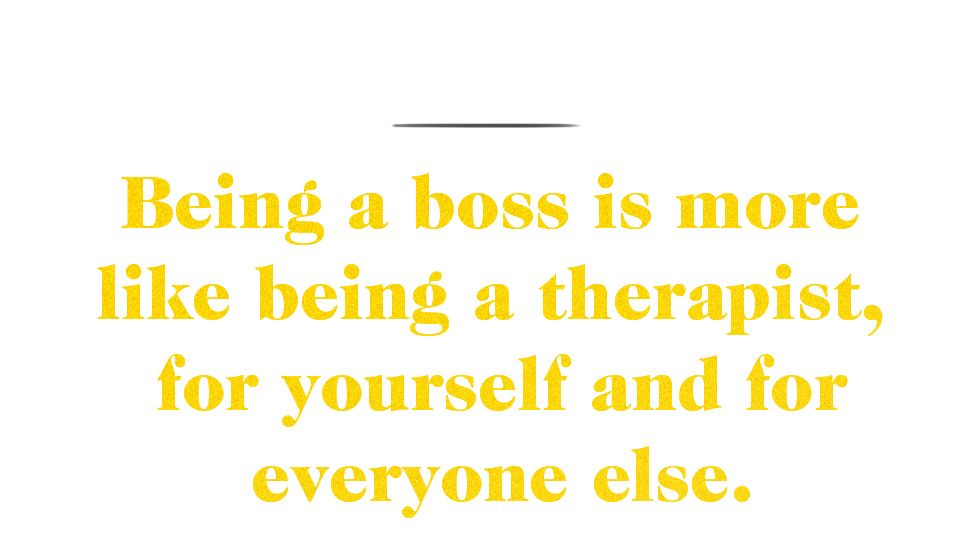
Christina Stembel: The best part of being a boss is being able to dream something up, and do in in exactly the way I want to. The worst part is how much you have to give up in order to grow your business. I’ve had to make very hard decisions in my personal life as I just don’t have the time to 'do it all.'
What do you do when you feel like you're losing control?
Joanna Geraghty: I think about my son, my husband, the things I'm going to look back on when I'm 80 years old, the special times. When I am frustrated, I focus on a charity I’m involved with that’s dedicated to poverty. It reminds me how fortunate I am. And very practically, I'll go jogging.
Billie Whitehouse: I step away. I try and practice meditation several days a week. It’s a way to step away from the drama. I walk to get lunch or a coffee. I journal. Then I come back.
Erin Patinkin: I exercise or cook or both. Having friends over for a big meal after doing a meditative workout like weightlifting or yoga is the best remedy for getting my emotions in order.
How do you move your career forward?
Rakia Reynolds: I've built my little entrepreneurial library here. I am able to study under some of the really great entrepreneurs by reading their books. And as an entrepreneur and small business owner, it's vital that I have access to reliable technology. My Dell XPS has been a constant companion in my office and on the go. Whether I'm scheduling client meetings, creating presentations or doing research online, I depend on Dell to power me through the day.
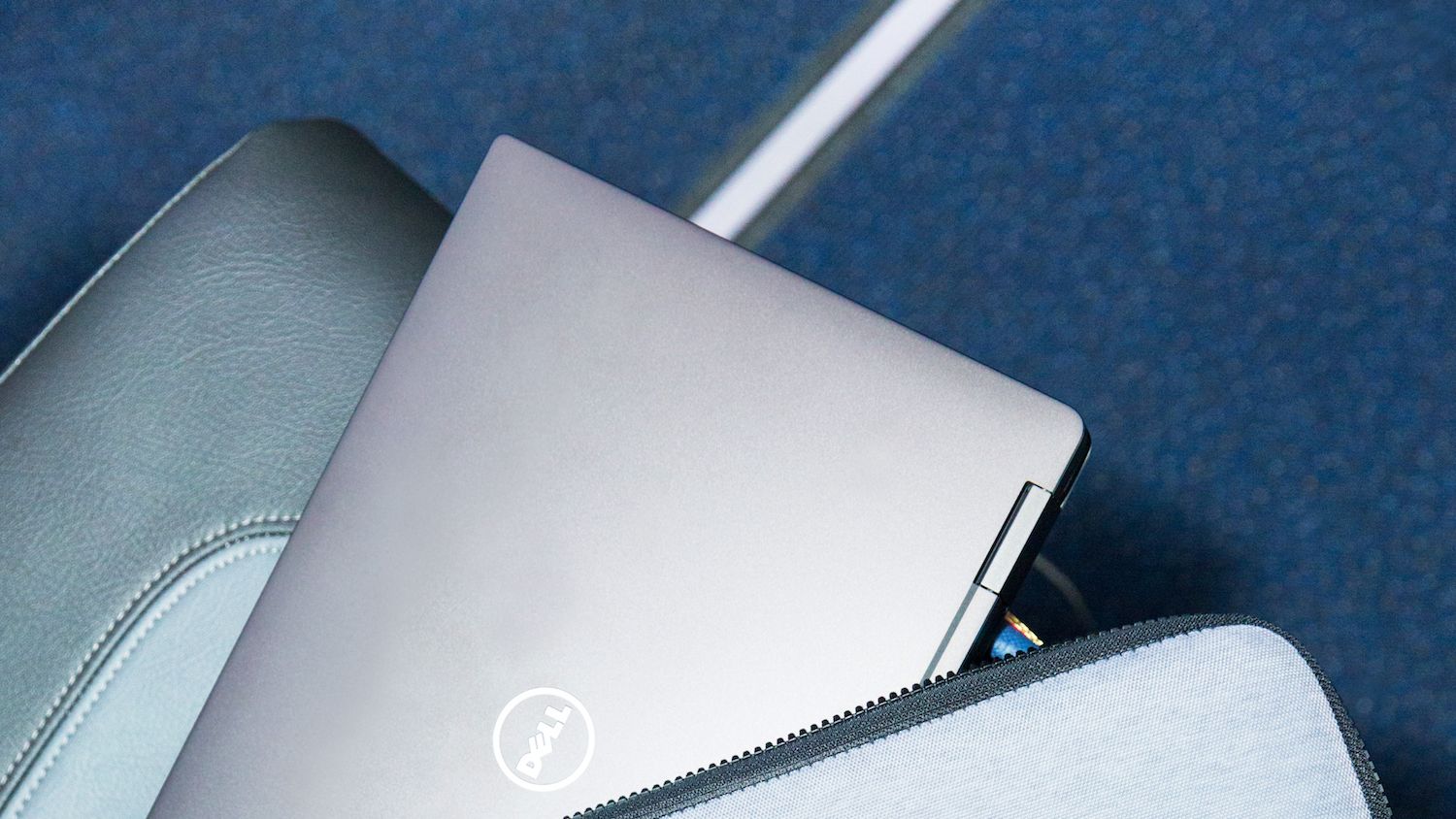
Each of the Power Trip attendees were given a Dell computer goodie bag.
Joanna Geraghty: Hiring people better than me.
Agatha Kulaga: I listen to a lot of podcasts about business and entrepreneurship (How I Built This, Start Up, From Scratch, TedTalks, to name a few). Also, I’ve gotta give credit to YouTube, which is a goldmine for information on anything you ever need to know, and more.
What do you credit with your success?
Billie Whitehouse: It's important to keep a healthy life going.
Erin Patinkin: I am, by nature, not a very disciplined person. I have had to work very hard to develop a schedule for myself and to stick to it. I also find that classes, professional development, and reading are essential to my growth as a boss and a business owner.
Christina Stembel: I’m extremely grateful for my team and people in my life who have unofficially advised and helped me along the way. No one builds a company, or does anything, completely on their own.
These interviews have been edited and condensed.
-
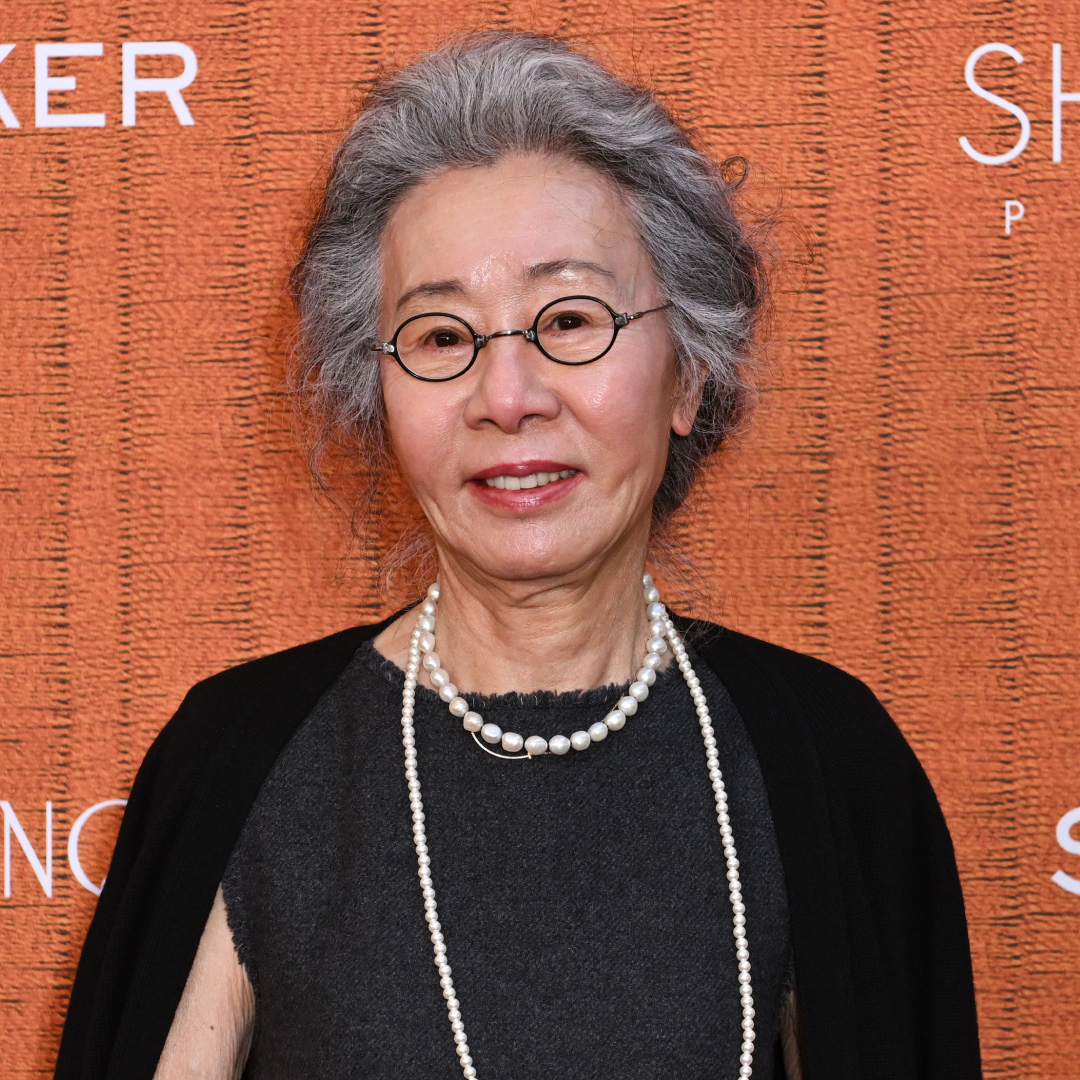 Youn Yuh-Jung Didn't Want to Make Another American Movie—Then Came 'The Wedding Banquet'
Youn Yuh-Jung Didn't Want to Make Another American Movie—Then Came 'The Wedding Banquet'The Oscar winner shares why the LGBTQ+ rom-com hit close to home and the message she hopes it sends to ''conservative'' Koreans.
By Quinci LeGardye
-
 The 17 On-Sale Beauty Finds I’m Stocking Up on Ahead of Summer
The 17 On-Sale Beauty Finds I’m Stocking Up on Ahead of SummerFrom glowy blushes to the all-time best sunscreen.
By Brooke Knappenberger
-
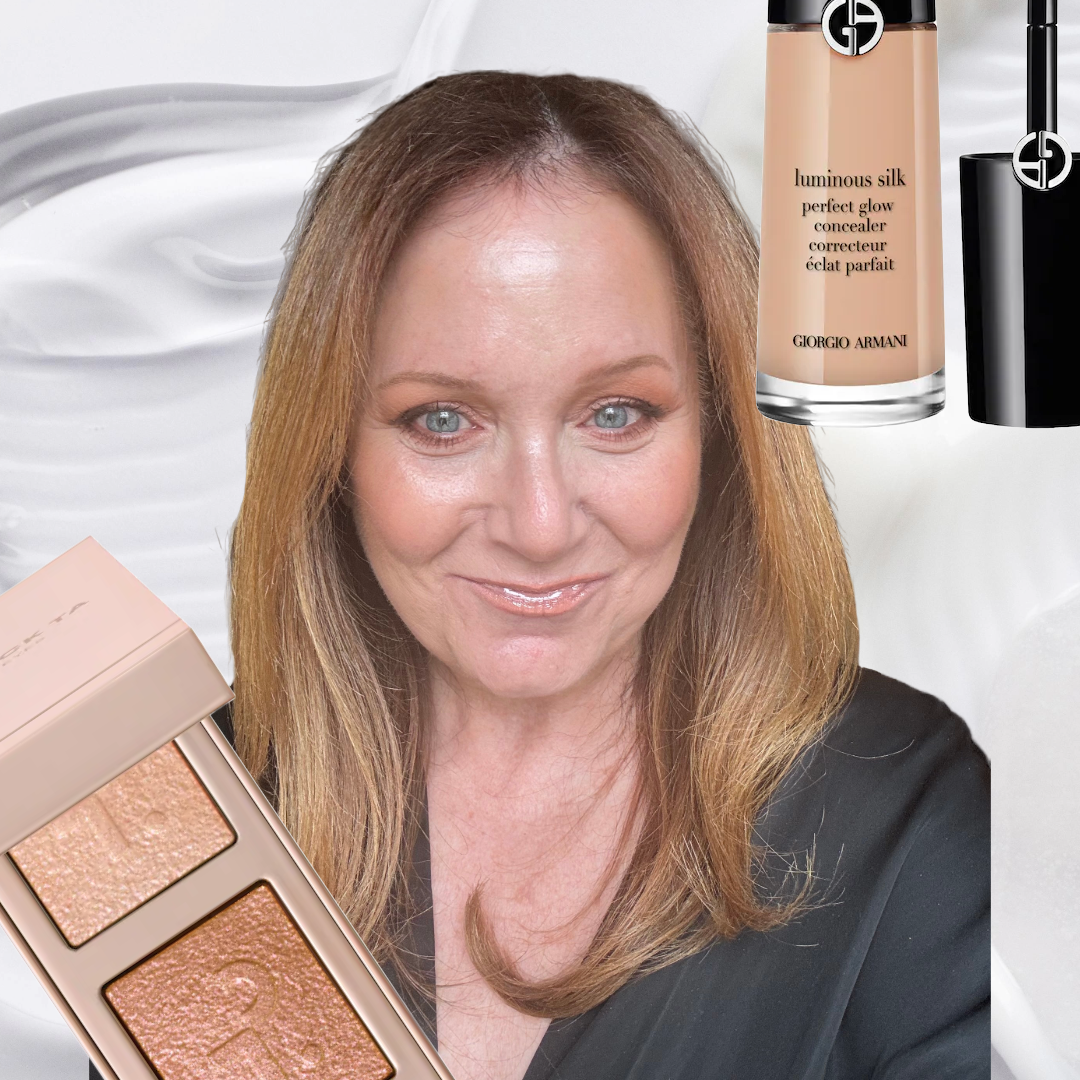 My Incredibly Picky Mom Told Me Every Beauty Product She Wants for Mother's Day
My Incredibly Picky Mom Told Me Every Beauty Product She Wants for Mother's DayShopping made easy.
By Samantha Holender
-
 Peloton’s Selena Samuela on Turning Tragedy Into Strength
Peloton’s Selena Samuela on Turning Tragedy Into StrengthBefore becoming a powerhouse cycling instructor, Selena Samuela was an immigrant trying to adjust to new environments and new versions of herself.
By Emily Tisch Sussman
-
 This Mutual Fund Firm Is Helping to Create a More Sustainable Future
This Mutual Fund Firm Is Helping to Create a More Sustainable FutureAmy Domini and her firm, Domini Impact Investments LLC, are inspiring a greater and greener world—one investor at a time.
By Sponsored
-
 Power Players Build on Success
Power Players Build on Success"The New Normal" left some brands stronger than ever. We asked then what lies ahead.
By Maria Ricapito
-
 Don't Stress! You Can Get in Good Shape Money-wise
Don't Stress! You Can Get in Good Shape Money-wiseFeatures Yes, maybe you eat paleo and have mastered crow pose, but do you practice financial wellness?
By Sallie Krawcheck
-
 The Book Club Revolution
The Book Club RevolutionLots of women are voracious readers. Other women are capitalizing on that.
By Lily Herman
-
 The Future of Women and Work
The Future of Women and WorkThe pandemic has completely upended how we do our jobs. This is Marie Claire's guide to navigating your career in a COVID-19 world.
By Megan DiTrolio
-
 Black-Owned Coworking Spaces Are Providing a Safe Haven for POC
Black-Owned Coworking Spaces Are Providing a Safe Haven for POCFor people of color, many of whom prefer to WFH, inclusive coworking spaces don't just offer a place to work—they cultivate community.
By Megan DiTrolio
-
 Where Did All My Work Friends Go?
Where Did All My Work Friends Go?The pandemic has forced our work friendships to evolve. Will they ever be the same?
By Rachel Epstein